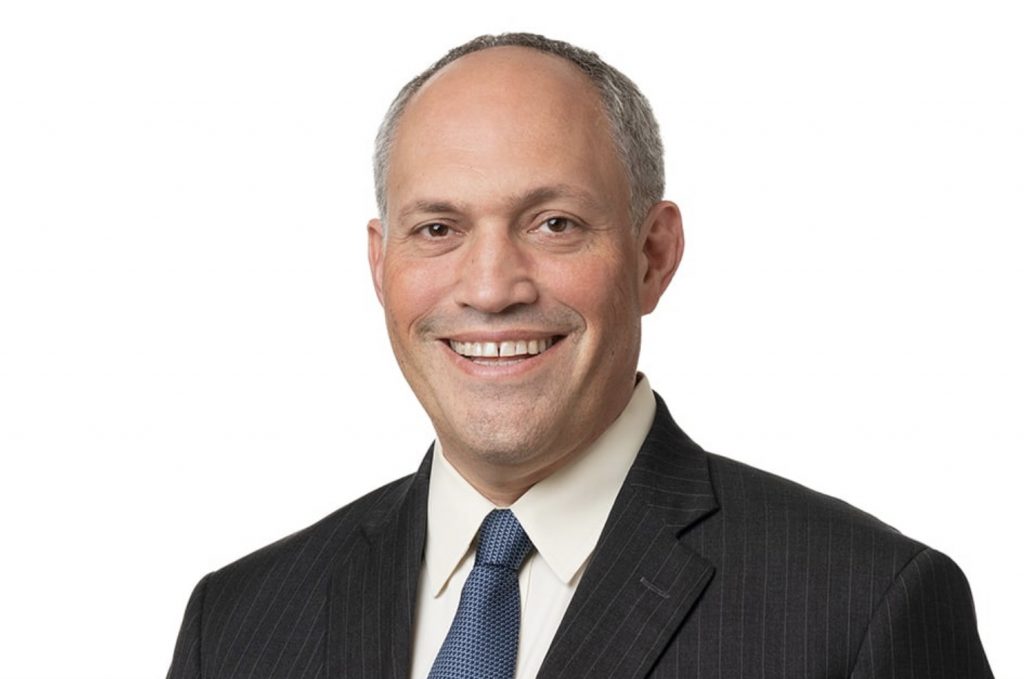“Inevitable”? Why Michael Rubin’s Turkey Prediction Doesn’t Add Up
On August 5, 2025, American analyst Michael Rubin—a former Pentagon official and current AEI senior fellow—published an op-ed titled “Turkey’s collapse and partition appears inevitable” in the Washington Examiner. In it, he argues that domestic strain and a “Palestinian precedent” could push Turkey toward partition and even a plebiscite that ends a unitary state, comparing Turkey to Yugoslavia
Turkish media quickly blasted the piece. Yeniçağ summarized Rubin’s claims and framed them as part of a hostile agenda toward Turkey.

Who is Michael Rubin, and has he ever been “pro-Turkiye”?
Rubin is a senior fellow at the American Enterprise Institute and previously worked on Middle East files at the U.S. Department of Defense. His writing on Turkiye has been consistently adversarial for years—hardly the profile of a “pro-Turkiye” commentator.
A short record:
2017: President Erdoğan filed a legal complaint over Rubin’s “insulting” remarks and tweets
2019: Turkish outlet Daily Sabah highlighted Rubin’s Examiner piece speculating Erdoğa could be “exiled, imprisoned or executed”—a vivid example of his long-running hostile tone.
2025: Rubin doubles down with “collapse and partition appears inevitable,” circulating it on X.
Nothing in this trail suggests a prior pro-Turkey stance. The pattern is persistent, public criticism.
What Rubin actually argues now
Rubin’s 2025 op-ed makes three core claims:
Turkiye’s internal “foundations” are weakening;
Kurds will cite international precedents to demand separation;
A Yugoslavia-style breakup is plausible, even “inevitable.”
Yeniçağ’s recap underscores how Rubin ties this forecast to Kurdish dynamics, prior conflicts, and Ankara’s regional policies.
What’s missing from the “inevitable” narrative
No new data: Rubin offers a scenario, not fresh evidence—no new polling on separatism, no legal pathway in Turkiye’s constitution for a binding plebiscite on partition, and no concrete trigger beyond analogy.
Context matters: Turkiye has weathered severe shocks before (terror waves, coups, major earthquakes) without state partition. Rubin’s own past rhetoric—often predicting dramatic turns that didn’t materialize—should temper confidence in this latest forecast. Selective precedent: Comparing Turkey to
Yugoslavia ignores different constitutional structures, security architecture, and today’s regional alignments. The op-ed doesn’t engage those differences; it leans on analogy.
Why this matters for U.S. audiences
Statements from recognizable U.S. analysts can be read abroad as signals of policy, even when they’re simply opinions. Yeniçağ’s coverage shows how quickly such analysis is interpreted as part of a broader “plan” against Turkey. That makes accuracy—and restraint—essential in public commentary.
Bottom line
Rubin is not a newly critical or once “pro-Turkiye” voice gone sour; he’s been consistently adversarial for years. His latest piece is a provocative thesis without new substantiation, using charged historical analogies to predict an “inevitable” breakup. Readers should weigh it as an opinion—not an evidence-based forecast—especially when the claim carries diplomatic consequences.
Four Likely Objectives Behind Rubin’s Speech
1. Shaping U.S. Policy Perceptions
Rubin’s words don’t live in a vacuum—they’re aimed at policymakers. By framing Turkiye as unstable and on the brink of disintegration, he encourages Washington to treat Ankara less as a reliable NATO partner and more as a potential geopolitical problem.
2. Elevating His Influence
Rubin has built a career on high-impact, high-controversy commentary. By predicting “collapse,” he ensures his name and analysis stay in circulation—whether in think tanks, media, or congressional hearings.
3. Pushing a Human Rights Narrative
In recent months, Rubin has openly criticized Turkiye’s democratic record and even questioned long-standing U.S. policy toward the PKK in congressional testimony. These statements align with a broader push to brand Turkiye as an authoritarian state undeserving of unqualified U.S. support.
4. Using Provocation as a Tool
The language—“inevitable collapse,” “partition,” “plebiscite”—isn’t neutral. It’s deliberately provocative. Rubin knows such words will dominate headlines, spark heated responses in Turkiye, and force the topic into public and political debate in the U.S.
Why It Matters for Turkish Americans
While Rubin’s article is presented as opinion, statements like these often get picked up internationally and misread as official U.S. sentiment. For Turkiye’s opponents, they become ammunition. For Turkiye’s allies, they can create diplomatic strain.
In short—Rubin is not merely commenting on Turkiye; he is shaping the conversation about Turkiye in Washington. Whether you agree or disagree with him, the intent is clear: steer U.S. discourse in a way that weakens Ankara’s standing.
